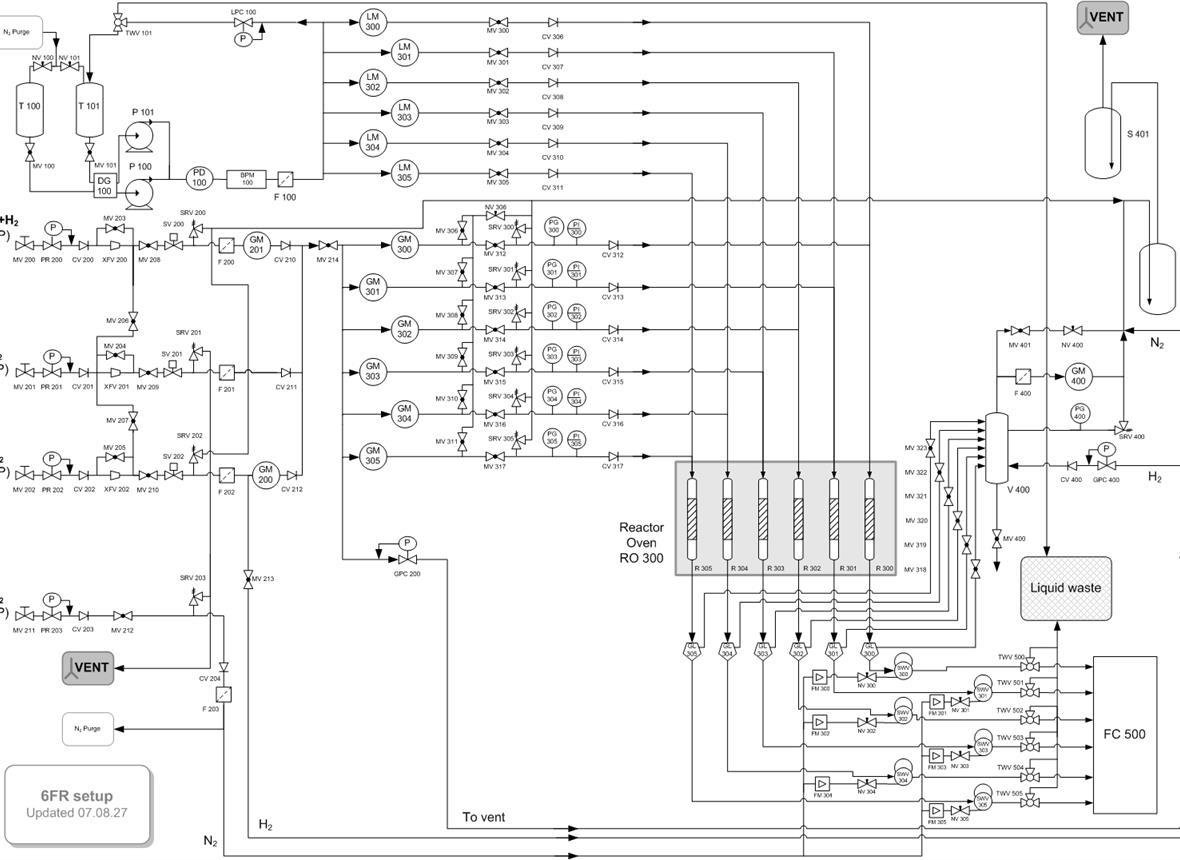Abstract
Bio-liquids upgrading via catalytic hydrotreating represents an alternative route to produce liquid hydrocarbon fuels. In this paper, the upgrading of an olive oil production-derived by-product has been conducted in a down-flow fixed-bed reactor at 250 °C, 3 MPa with sulfided CoMo catalysts. The catalysts were prepared by successive impregnation (with Mo being introduced first) and supported on different mesoporous silicates (DMS-1, SBA-15, SBA-16, HMS) with the aim to study the effect of support morphology on the catalytic response of sulfided CoMo catalysts. The supports and/or calcined catalysts were characterized by N2 adsorption–desorption isotherms, XRD, TPR and TPD-NH3 techniques. In addition, spent catalysts were studied by XPS, HRTEM and TPO/TG techniques. All sulfide CoMo catalysts were stable for 5 h of time-on-stream (TOS) reaction and recorded higher activity than a commercial sulfide NiMo/Al2O3 catalyst. The catalysts supported on the SBA-15, SBA-16 and DMS-1 materials were much more effective for oxygen removal than the HMS-supported one. The enhancement of activity was explained in terms of higher active phase exposure and increased acidity. It was found that support morphology affected the distribution of useful products. Considering the balance of desirable and undesirable products, the CoMo/SBA-16 catalyst had an optimal performance.
Keywords
HPC
HCE
W2C
